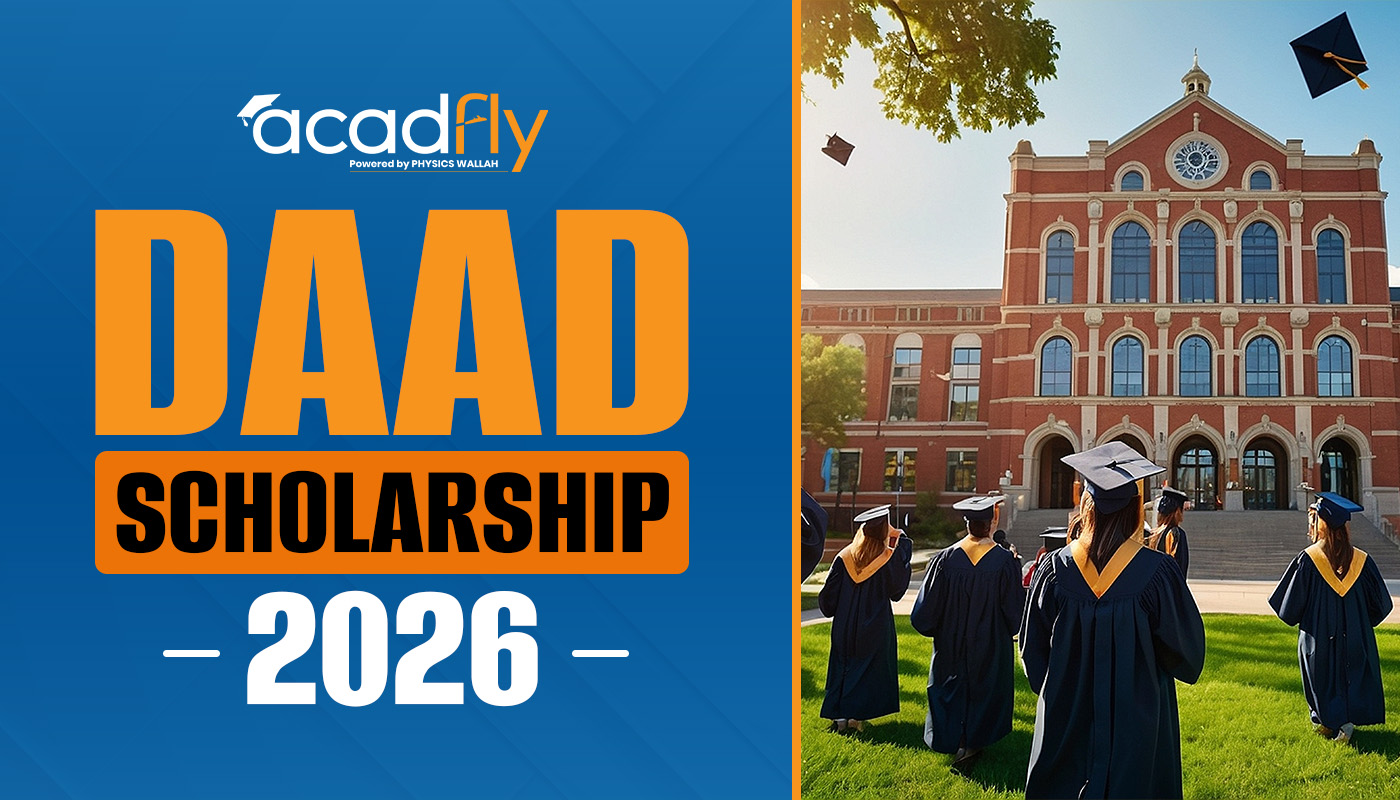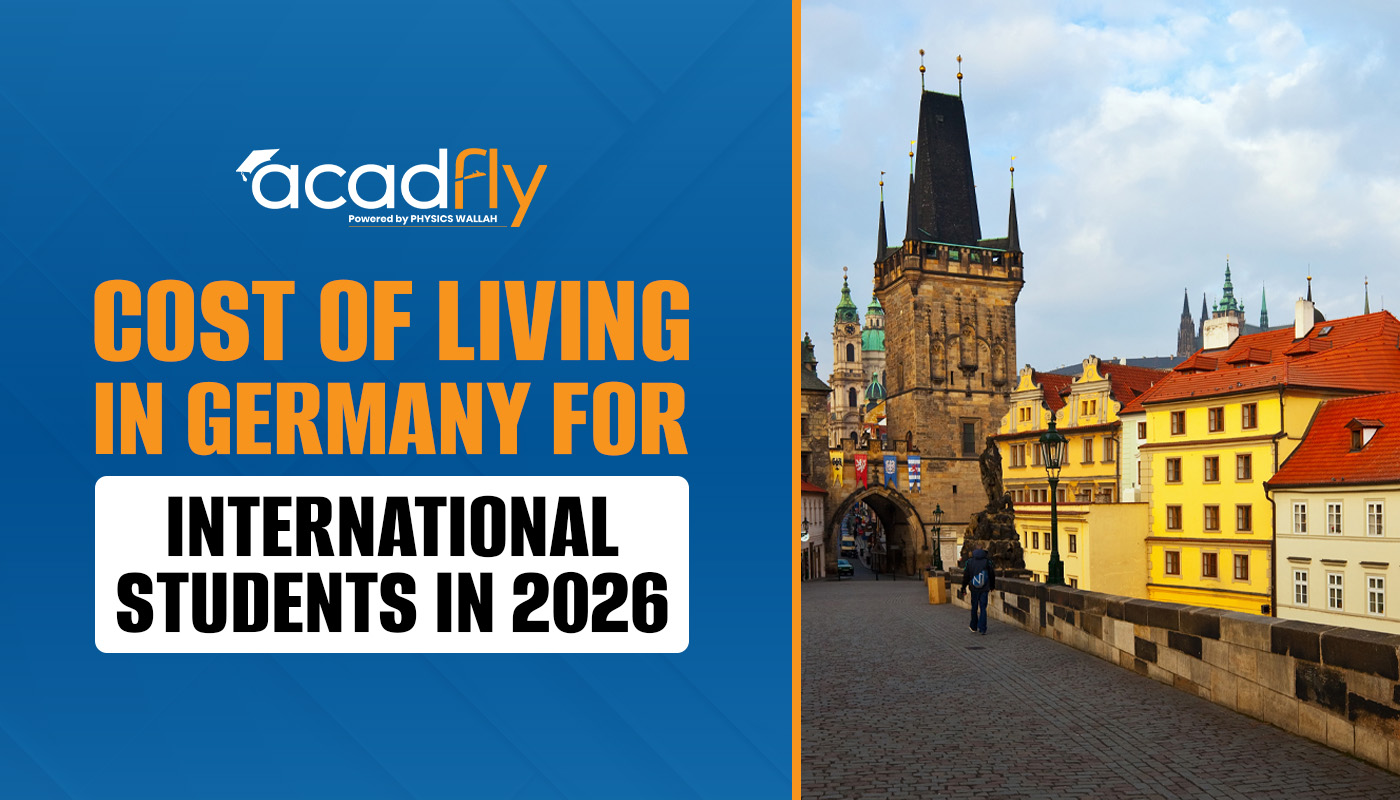
Canada is one of the most popular destinations for international students looking to pursue higher education in a variety of disciplines, including social studies. The country's renowned academic institutions, diverse cultural landscape, and welcoming immigration policies make it an attractive option for those aiming to study abroad. If you are considering a social studies degree in Canada, understanding the requirements and key factors involved in your application process is crucial.
In this article, we’ll explore all the necessary details about social studies degree requirements in Canada, including academic qualifications, language proficiency, scholarship opportunities, and specific tests like GRE, IELTS, and TOEFL. We’ll also highlight some of the best universities for social sciences in Canada while making sure that you have a complete, comprehensive guide that covers every aspect of your academic journey.
Academic Requirements for Social Studies Degree in Canada
When applying for a social studies degree in Canada, you need to meet the academic eligibility criteria set by Canadian universities. These criteria will vary depending on whether you are applying for an undergraduate, master's, or PhD program. Generally, social studies programs in Canada emphasize a strong academic background in subjects such as history, sociology, political science, and anthropology.
Undergraduate Program Requirements
To gain admission into an undergraduate social studies program, Canadian universities typically require international students to have completed high school with strong academic performance. A focus on social sciences-related subjects such as history, economics, and political science will often be preferred. The university may also review your overall grade point average (GPA) from high school transcripts, and additional qualifications such as Advanced Placement (AP) courses or International Baccalaureate (IB) programs could provide a competitive edge in the selection process.
Graduate Program Requirements
For a social science master's degree in Canada, candidates are expected to hold a relevant undergraduate degree, often in a related discipline such as political science, sociology, economics, or history. Most universities demand a minimum GPA of 3.0 on a 4.0 scale (or its equivalent) in your previous studies. Some programs might also expect research experience or evidence of relevant academic coursework that demonstrates a strong foundation in social sciences.
In addition to academic performance, you may need to submit a statement of purpose, letters of recommendation, and a writing sample to strengthen your application. Some programs also require professional work experience, especially in fields like public policy or community development.
PhD Program Requirements
For a PhD in social studies, Canadian universities look for candidates with a completed master’s degree in a related field. You will need to show a deep understanding of your research area through a well-structured research proposal. Strong academic credentials, excellent recommendations from professors or supervisors, and publications or presentations in relevant social science fields can boost your chances of acceptance.
Language Proficiency Requirements: IELTS/TOEFL for Social Studies in Canada
For international students whose first language is not English, demonstrating proficiency in English is a critical part of your application. Most Canadian universities accept either IELTS (International English Language Testing System) or TOEFL (Test of English as a Foreign Language) scores as proof of your language skills.
IELTS Requirements for Social Studies Programs in Canada
The IELTS is widely accepted across Canada, with most universities setting a minimum overall band score of 6.5 for social studies programs. However, individual institutions may require higher scores for specific sections of the test. For instance, a score of at least 6.0 in writing and speaking sections might be mandatory for some universities, especially for graduate programs that involve extensive research and communication.
TOEFL Requirements for Social Studies Programs in Canada
If you choose to submit TOEFL scores, Canadian universities generally require a minimum score of 90 to 100 on the internet-based TOEFL (iBT). As with IELTS, some schools may set additional score requirements for specific sections, particularly for reading and writing.
Meeting these language requirements ensures that you can successfully engage in academic discussions, research, and coursework. Keep in mind that high proficiency in English not only strengthens your application but also enhances your overall experience as an international student in Canada.
GRE Requirement for Social Studies Canada
The GRE (Graduate Record Examination) is another factor you may need to consider when applying for social studies programs in Canada, especially at the master’s or PhD level. Although not all universities require the GRE, it can still play a significant role in your application process if you are applying to highly competitive programs.
When is the GRE Required?
Some of the top Canadian universities, particularly those offering advanced research-based programs in social studies, may require GRE scores. This is especially common for programs with a strong quantitative or research component, such as political science, sociology, or public policy. In such cases, a competitive GRE score can significantly improve your chances of admission.
If the GRE is optional for your program of choice, submitting a strong GRE score might still enhance your application, demonstrating your analytical and verbal reasoning abilities.
Scholarships for Social Studies in Canada
Pursuing higher education in Canada can be financially demanding for international students. Fortunately, there are various scholarships and financial aid options available for students pursuing social studies degrees. These scholarships may be offered by the Canadian government, private organizations, or the universities themselves.
Government Scholarships
Several government-funded scholarships are available for international students aiming to study social sciences in Canada. Examples include the Vanier Canada Graduate Scholarships, which support students pursuing doctoral degrees in social sciences and humanities. Similarly, the Canada-ASEAN Scholarships and Educational Exchanges for Development (SEED) provide financial assistance to students from ASEAN countries enrolled in Canadian universities.
University-Specific Scholarships
Many Canadian universities also offer scholarships specifically for international students in social studies programs. For instance, the University of British Columbia’s International Leader of Tomorrow Award provides significant financial support to undergraduate students who demonstrate exceptional academic achievement and leadership. Similarly, graduate students may apply for the Pierre Elliott Trudeau Foundation Scholarships, which are designed for students pursuing doctoral research in social sciences and humanities.
Private and External Scholarships
In addition to government and university-based scholarships, private organizations and foundations also offer funding opportunities. Programs like the Fulbright Canada Scholarships and the Commonwealth Scholarships support international students in pursuing their studies in social sciences in Canada.
Best Universities for Social Science in Canada
Canada is home to some of the world’s best universities, many of which offer top-tier programs in social sciences. These institutions provide a wide range of opportunities for students to explore various disciplines within social studies, including sociology, anthropology, political science, and history.
University of Toronto
The University of Toronto is consistently ranked as one of the top universities in Canada and is known for its strong emphasis on research and interdisciplinary studies. The university offers comprehensive social sciences programs that allow students to explore various fields such as criminology, gender studies, and political theory. Its faculty members are highly regarded for their academic contributions, and students benefit from access to world-class research facilities and resources.
McGill University
McGill University is another prestigious institution offering a wide range of social sciences programs. Located in Montreal, McGill is known for its global outlook and diverse student body. The university offers a wide variety of social sciences disciplines, including international development, political science, and sociology, with a strong focus on research and community engagement.
University of British Columbia (UBC)
Located in Vancouver, the University of British Columbia is known for its social sciences programs that focus on issues of global importance, such as sustainability, indigenous studies, and human rights. The university is highly ranked for both its undergraduate and graduate social sciences programs, and students benefit from UBC’s strong connections with international organizations and communities.
Admission Process and Important Considerations
Now that we’ve covered the academic, language, and test requirements, let’s take a look at the admission process and additional steps to ensure a smooth application experience. For international students, the process typically begins by researching specific university programs and compiling a list of all necessary documents. Here’s a breakdown of what you’ll need to keep in mind:
Application Deadlines: Most universities have specific deadlines for submitting applications, especially for competitive programs like social sciences. Make sure to check the deadlines for both undergraduate and graduate programs to avoid missing out on an opportunity.
Document Submission: This includes submitting your academic transcripts, statement of purpose, letters of recommendation, and proof of language proficiency (IELTS/TOEFL scores). For graduate programs, you may also need to include a research proposal and GRE scores if required.
Study Permit: As an international student, you will need to apply for a study permit to live and study in Canada. This process can take time, so it’s important to apply as soon as you receive your letter of acceptance from a Canadian university.
Before we delve into the next sections, let's take a moment to visually summarize some of the most important information in tabular form, showing a comparison of the key requirements across universities.
|
University |
IELTS Requirement |
TOEFL Requirement |
GRE Requirement |
Scholarship Opportunities |
|
University of Toronto |
6.5 (6.0 in writing) |
100 iBT |
Required for some programs |
U of T International Scholar Award |
|
McGill University |
7.0 |
100 iBT |
Optional but encouraged |
McGill International Entrance Scholarships |
|
University of British Columbia |
6.5 |
90 iBT |
Required for some programs |
UBC International Leader of Tomorrow Award |
This table provides a clear overview of the general requirements and scholarship opportunities for some of the best universities in Canada for social studies.
Frequently Asked Questions
1.What is the eligibility for a social science master’s in Canada?
2.Do I need to take the IELTS/TOEFL to study social studies in Canada?
3.Are there scholarships available for international students in social studies?
4.Do all social studies programs in Canada require the GRE?
5.Which are the best universities for social science studies in Canada?









